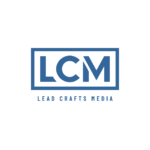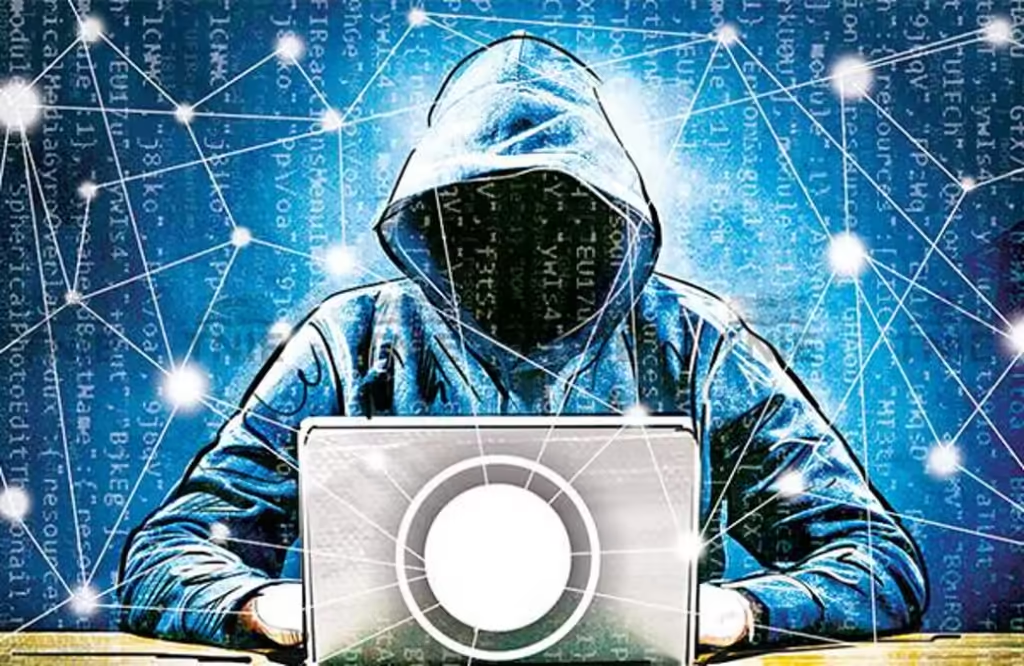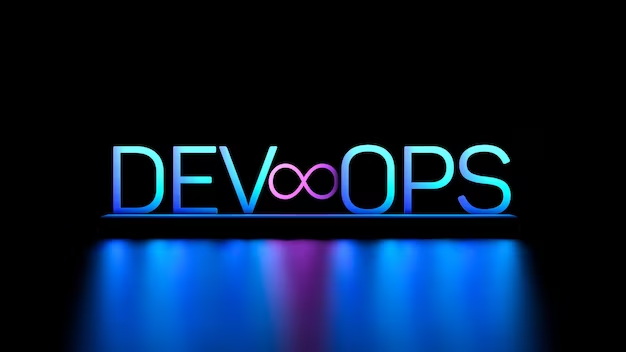The use of blockchain technology in education is rapidly emerging as a transformative solution for verifying credentials and diplomas. In an age where the digital economy thrives on the transparency and security of information, blockchain offers a decentralized, tamper-proof ledger that can significantly enhance the way academic qualifications are verified and managed. Educational institutions, employers, and students stand to benefit from this technology, as it simplifies the credentialing process, ensures accuracy, and reduces the risk of fraud.
One of the primary challenges in today’s education system is the inefficiency of traditional credential verification methods. The current process often involves multiple steps, such as contacting educational institutions, cross-checking records, and ensuring the authenticity of documents like degrees or certificates. This manual, time-consuming process can take days or weeks, making it difficult for employers to quickly verify a candidate’s qualifications during recruitment. Moreover, the growing incidence of diploma fraud, including the sale of fake degrees or embellished qualifications, has eroded trust in academic credentials. Blockchain technology addresses these issues by providing a secure, verifiable system for managing educational credentials.
At its core, blockchain is a decentralized digital ledger that stores data in a series of immutable blocks. Each block contains a record of transactions or data points, and once a block is added to the chain, it cannot be altered or tampered with. This inherent security and transparency make blockchain an ideal solution for credential verification. Educational institutions can issue diplomas or certificates as blockchain records, ensuring that they are permanently stored and easily verifiable by employers or other academic institutions.
Blockchain credentials offer several key advantages over traditional methods. First and foremost is the security of the information. Since blockchain operates on a decentralized network, no single entity controls the data, making it highly resistant to hacking or unauthorized modifications. Once a credential is recorded on the blockchain, it is cryptographically sealed, ensuring that it cannot be altered or falsified. This eliminates the risk of fake degrees and provides employers with confidence that the qualifications they are reviewing are legitimate.
Another advantage of blockchain-based credentials is the speed and efficiency of the verification process. Employers no longer need to spend time reaching out to educational institutions or third-party services to confirm a candidate’s qualifications. With a simple blockchain scan, they can instantly verify the authenticity of a diploma or certificate. This not only streamlines the hiring process but also reduces costs associated with traditional verification methods. Furthermore, educational institutions benefit from blockchain by cutting down on administrative tasks related to issuing and verifying diplomas, freeing up resources for other critical functions.
Blockchain also empowers students by giving them greater control over their academic achievements. Through blockchain, students can create a digital portfolio of their educational credentials, certifications, and other achievements. This portfolio can be easily shared with prospective employers, universities, or professional organizations. Unlike traditional methods, where students might need to request official transcripts from multiple institutions, blockchain credentials are accessible in real-time, allowing students to instantly prove their qualifications. Additionally, blockchain eliminates the risk of losing important documents, as all credentials are stored securely on the blockchain, accessible from anywhere in the world.
The potential applications of blockchain in education extend beyond just diploma verification. For example, it can be used to track a student’s entire academic journey, from individual course completions to extracurricular achievements and skill certifications. As the nature of work evolves and employers increasingly value lifelong learning and skill development, blockchain can serve as a comprehensive record of a person’s educational progress, including non-traditional learning paths like online courses or professional development programs. This holistic view of a candidate’s qualifications can help employers make more informed hiring decisions.
Furthermore, blockchain can facilitate greater collaboration between educational institutions by standardizing the credentialing process. For students who attend multiple institutions or participate in international exchange programs, blockchain can provide a unified, verified record of their academic achievements across borders. This reduces the complexity of transferring credits or qualifications between institutions and ensures that students’ achievements are accurately reflected, regardless of where they studied.
While the benefits of blockchain in education are clear, there are also challenges to consider. One of the primary barriers to widespread adoption is the need for standardization across the education sector. For blockchain-based credentials to be truly effective, educational institutions, employers, and governments must agree on common standards for issuing and verifying credentials. Without these standards, the fragmented nature of the education system could limit the interoperability of blockchain credentials. Additionally, there are concerns about data privacy, as educational records contain sensitive personal information. Ensuring that blockchain platforms comply with data protection regulations is essential for maintaining trust in the system.
As the technology continues to evolve and gain acceptance, it has the power to revolutionize how academic credentials are issued, verified, and managed. By providing a secure, transparent, and efficient system for credential verification, blockchain can restore trust in the value of academic qualifications, reduce fraud, and make it easier for individuals to prove their skills in an increasingly digital world.




